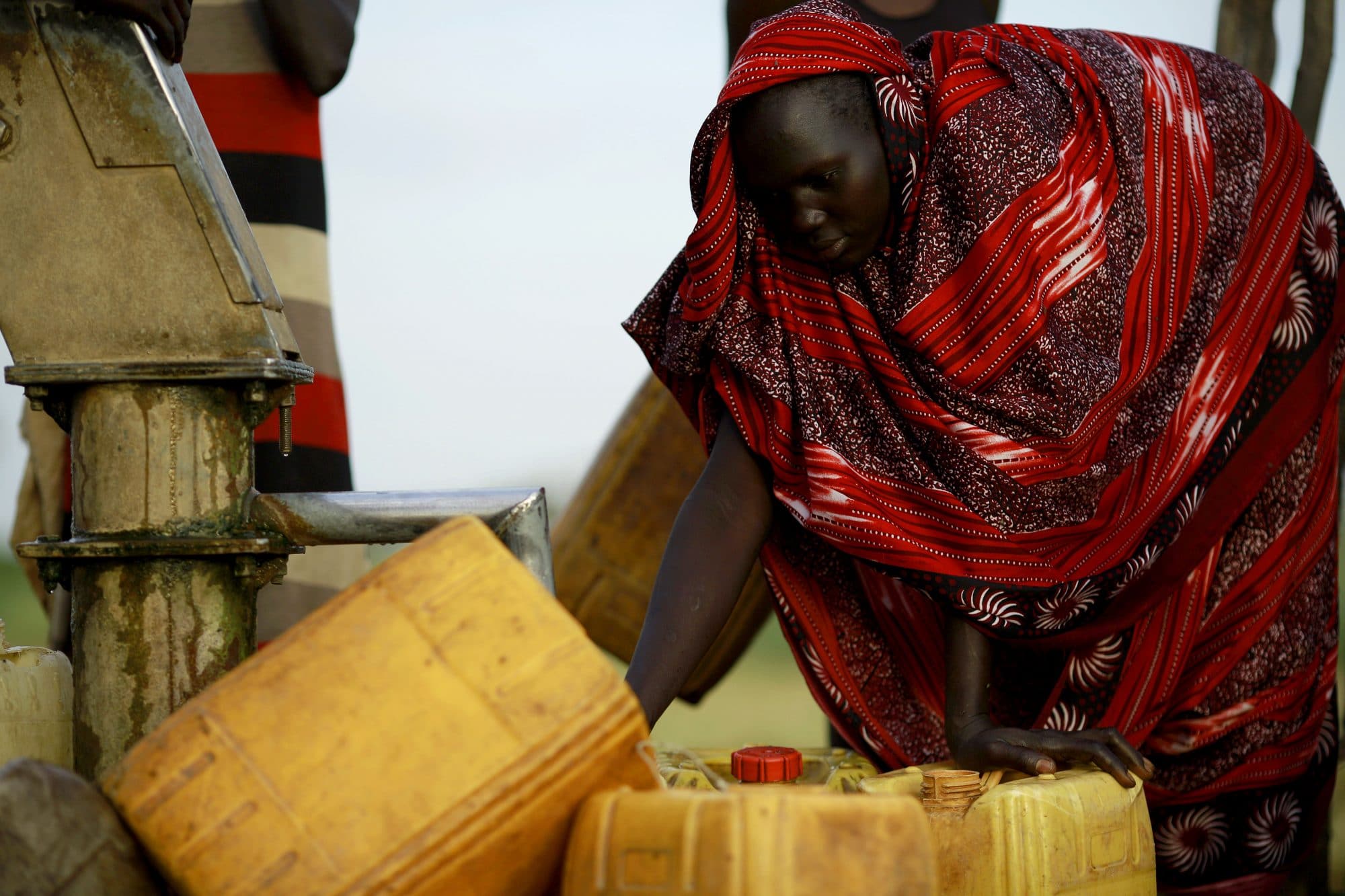Social Norms and Barriers for Pastoralist Women and Girls
Trends of change in a turbulent context in Jonglei and Eastern Equatoria, South Sudan
Social Norms and Barriers Analysis for (Agro)Pastoralist Women and Girls in South Sudan
Trends of Change in a Turbulent Context
Gaining independence in 2011, South Sudan is one of the world’s poorest and most war-torn countries. Weakened by years of war and instability, South Sudan suffers from poor governance, and renewed internal conflict with high numbers of displaced people. In this turbulent and conflict-ridden context, traditional gender norms and relations have been both magnified and strained, with women and girls left especially vulnerable, particularly related to domestic obligations and responsibilities, violence and protection. A total of 80% of South Sudan’s population live in rural areas, with pastoralist livelihoods centred on livestock and agriculture. Thus, pastoralism remains the ‘central institution’ around which South Sudanese society is organized. Similar to pastoralist regions across East Africa, pastoralist groups in South Sudan suffer a confluence of both environmental and social pressures, particularly climate change, decreasing poverty and rising populations.
This report aims to capture both qualitative and quantitative dynamics of current change in pastoralist girls’ and women’s social norms, customs and practices in Jonglei (Dinka communities) and Eastern Equatoria (Otuko communities) regions in South Sudan. In adopting an innovative, institutional analysis, the research highlights the scope of evolving norms, persisting social barriers, and emerging new opportunities for pastoralist women and girls. To strengthen CARE’s understanding of the status of pastoralist women and girls, the study specifically integrated people’s current experiences, taking into account changing realities and diverse factors such as climate change, regional restrictions, and urbanization.

